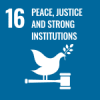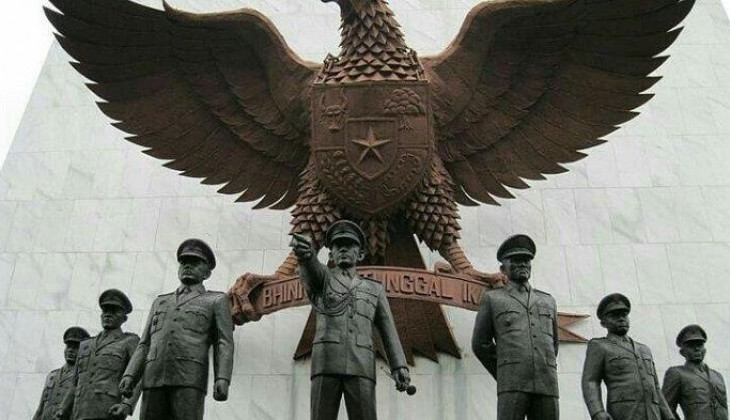The Head of the UGM Center for Pancasila Studies, Agus Wahyudi, Ph.D., advised rewriting the 30 September Movement history through in-depth research from academics and historians. According to him, this was because the public’s historical information may be related to the interests of the rulers in the past. Nevertheless, suppose the writing of a historical event originates and can be opened for review or validation from various research and scientific study centers. In that case, it is unquestionably exacted to get the absolute truth. “Of course, these practices are not only implemented in the field of history but the search for truth in general in the scientific tradition,” said Agus Wahyudi in responding to the controversy of the 30 September Movement and the commemoration of Kesaktian Pancasila on Monday (5/10).
According to him, the most likely only way and hope to subdue and at least approach the truth of this controversy is a scientific approach and a severe study based on the high-quality standards in the campus community and research institutions that handle the issue. “Even school textbooks and state political policies in the future require to assign to the results of research and scientific work that use these recognized standards,” he said.
He also said that concerning the 30 September Movement, being part of the development of narratives in public and political life, one might see that debate over a specific issue will arouse broader public participation and involvement and promote maturity in the end. “I see this assumption probably could be true, but if the narrative advancement occurs not employing planning, including the mobilization of supporters using money to realize the power, including the threat of intimidation against different positions or opinions,” he said.
Meanwhile, according to him, the question of Kesaktian Pancasila Day, which is commemorated every 1 October, has nothing to do with Pancasila itself. Pancasila’s use in the murder of the generals and a black spot in history revealed how the rulers had abused Pancasila for power. This incident is because of the murder of the generals and the events that followed in which their fellow nations killed thousands of Indonesians without undergoing legal and judicial procedures essentially. This incident displayed how a group of people used Pancasila for their political goals. “In the end, it only left behind bitterness and protracted enmity among future generations,” he added.
He also added that clarifying questions about particular groups’ issues, which is none other than the rise of the PKI, cannot be separated from efforts of political interests. “The political interests are clear. Preserving memory, including fear, is to maintain sovereignty and, therefore, an opportunity to control behavior,” he revealed.
In his remarks, he reckoned that it is time for academics to handle these controversial issues based on in-depth research results. Although the research, he supposed, is quite precarious for academics, historians, and the government in power. “That is an important task for us as academics. These efforts are extremely risky. However, every academician should always maintain high standards and professional way of working, including academics in the field of history who handle controversial issues such as the murky history of our nation,” he concluded.
Source: https://ugm.ac.id/id/berita/20166-psp-ugm-usulkan-penulisan-ulang-sejarah-gerakan-30-september



